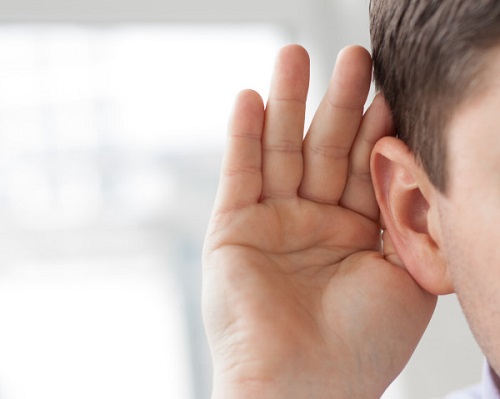
By Daniel Feldman
5 Towns Jewish Times
During Rosh Hashanah and Yom Kippur, we spend many hours in the synagogue listening to the cantor pray, the rabbi give sermons, and the Torah reader read the beautiful holiday portion in a special High Holy Day tune. So much of the High Holy Days involves hearing. Were your ears and listening capacity at their optimal performance level this year?
Thank G-d, new couples want to rush to be married and begin the New Year building a family. Attending such a simcha should be a joyous experience. Sadly, however, the joy can easily be diminished by loud wedding music. The noise can be more than just a painful, disturbing experience; it can be permanently damaging. Not only will it ruin your wedding experience, but it will ruin Shabbos, holiday, and daily functioning and communicating with others. Hearing loss creates difficulties not just for you, but for your family members and close friends.
My parents were deaf. As a young boy, I spent nearly the entire time in shul helping my father follow the davening and explaining to him what the cantor sounded like and what the shofar sounds were like. I enjoyed his satisfaction with my explanation and assistance. But I was always pained knowing that he could not experience these sounds firsthand. No description that I could give him was adequate to convey the experience of the actual sounds.
The deaf and hearing-impaired miss out on conversations and important information. In Jewish life, they miss the opportunity to fulfill many mitzvos that involve hearing, such as hearing the sound of the shofar and the Torah reading. Deaf people manage to deal with these challenges and fare well. However, no deaf people I have spoken to have told me they don




